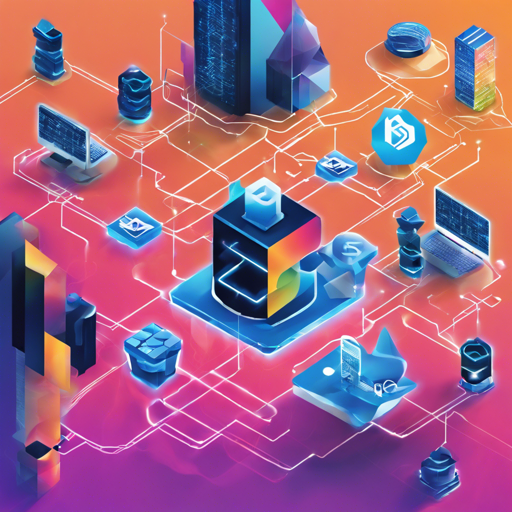BitShares Core provides the foundation for running a BitShares blockchain node and offers a command-line wallet for cryptocurrency management. In this guide, we’ll walk you through getting started with BitShares Core, from installation to basic commands. By the end, you’ll be equipped to operate your own BitShares node efficiently.
Getting Started
Before diving into the installation of BitShares Core, make sure you have Ubuntu 20.04 LTS (64-bit) set up as recommended. Now let’s get started!
- Install Operating System Dependencies:
sudo apt-get update sudo apt-get install autoconf cmake make automake libtool git libboost-all-dev libssl-dev g++ libcurl4-openssl-dev doxygen - Build Node and Command-Line Wallet:
git clone https://github.com/bitshares/bitshares-core.git cd bitshares-core git checkout master # may substitute master with current release tag git submodule update --init --recursive mkdir build cd build cmake -DCMAKE_BUILD_TYPE=Release .. make
Running Your Node
Once the installation is complete, you can run the node software:
cd bitshares-core/build
./programs/witness_node/witness_node
As your node runs, it will begin synchronizing the blockchain data (which may take several hours). The data will be saved in the witness_node_data_dir directory.
Managing Your Node
To stop your node, access the terminal where it’s running and press Ctrl+C. It’s important to note that it may take a few minutes to shut down gracefully.
Using the Command-Line Wallet
Next, you will want to interact with your BitShares node using the command-line wallet:
cd bitshares-core/build
./programs/cli_wallet/cli_wallet
Using the cli_wallet, you can manage transactions and control your accounts.
Understanding Node and Wallet APIs
BitShares Core also offers access to APIs for developers. You can connect to the witness_node API using either Websockets or HTTP:
- For WebSockets:
wscat -c ws://127.0.0.1:8090 - For HTTP:
curl --data '{"jsonrpc": "2.0", "method": "call", "params": [0, "get_accounts", [["1.2.0"]]], "id": 1}' http://127.0.0.1:8090
Troubleshooting
If you encounter issues while setting up or running BitShares Core, consider the following:
- **Check Dependencies**: Ensure all installation dependencies are met.
- **Node Synchronization**: If the node takes an excessively long time to sync, check your internet connection and consider allocating more resources to your machine.
- **Memory and Storage Requirements**: Make sure your machine meets the minimum hardware requirements for running a full node.
For more insights, updates, or to collaborate on AI development projects, stay connected with fxis.ai.
Conclusion
Setting up BitShares Core opens doors to decentralized finance possibilities. Follow this guide, and you’ll be running your node and managing transactions with ease.
At fxis.ai, we believe that such advancements are crucial for the future of AI, as they enable more comprehensive and effective solutions. Our team is continually exploring new methodologies to push the envelope in artificial intelligence, ensuring that our clients benefit from the latest technological innovations.

